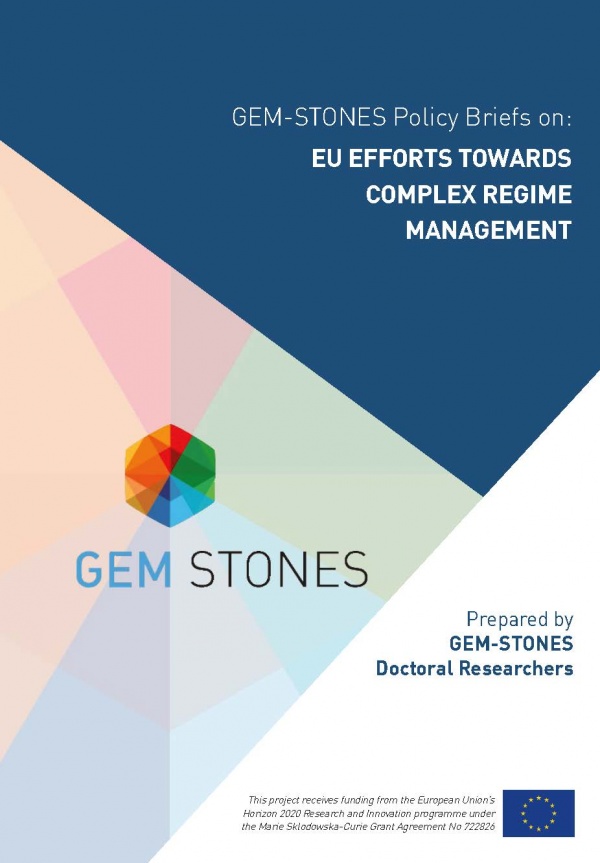When Procedural Concerns Eclipse Human Rights Considerations in Judicial Proceedings. Empirical Evidence from the European Court's Asulym Jurisprudence

GEM-STONES Policy Briefs. AGORA Forum, March 2020
Executive Summary
With an ever-growing number of issues on the political agenda of the European Union, it is easy to forget that the European Court of Justice does not exist in a vacuum that isolates it by the problems faced by the Union. Quite the contrary, empirical evidence from the Court’s practice throughout the height of the so-called ‘refugee crisis’ reveal that its jurisprudence can serve as evidence of the political struggles of the time. The cases covered by the Dublin package are one important example. Their dry and technical language is an unequivocal signal to the EU legislature: the Dublin system’s shortcomings need to be addressed at the legislative level. In the meantime, the Court has no choice but to keep the system running until the legislature chooses to fix it. Yet, doing so is a costly exercise. It comes at the price of human rights considerations which are largely absent from the Court’s jurisprudence. Instead, they are replaced by calls to heed to the intention of the legislature and preserve the effectiveness of the asylum system.
![]()
This project receives funding from the European Union's Horizon 2020 research and innovation programme under the Marie Sklodowska-Curie Grant Agreement No 722826.
















